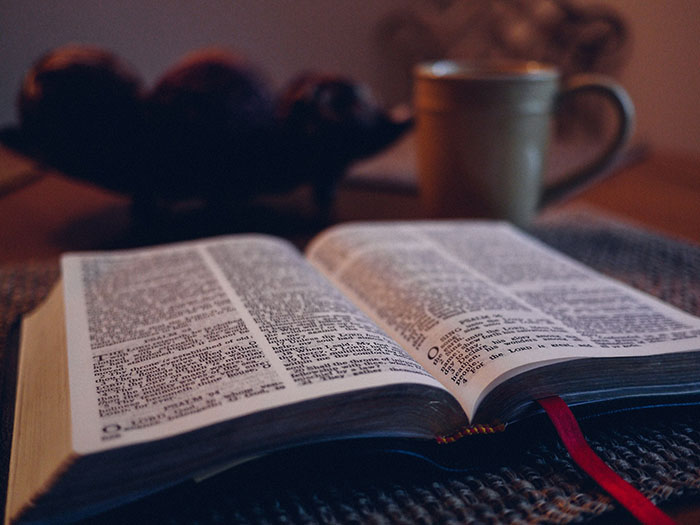What do you think of prayer? Do you pray regularly, and if your answer is ‘Yes’, do you pray with confidence? Blaise Pascal, the 17th French philosopher and mathematician wrote in his Pensées: God instituted prayer in order to lend to His creatures the dignity of causality.
Pascal understood that the Bible tells us that in making us in his image (Genesis 1:26), God has given us extraordinary privileges. And prayer is one of them.
Yet how often we forget this, especially in those times when God does not seem to be answering our prayers – for work, for a sick loved one or child, for a significant other, or for a place to live.
A good starting point is to think of prayer as a conversation that starts with God. It’s an amazing thought that God who has the creative intelligence and power to put the vast, majestic and complex universe into place, would deign to speak with us. Yet the way Jesus, the Son of God, related to people around him, and what he teaches about prayer, tells us so much about God. Jesus’ actions and his words assure us that God, despite his awesome majesty, delights in speaking with us and having us speak with him.
A LESSON FROM MARTHA AND MARY
Consider, for example, the flow of Luke’s narrative, from Jesus’ words to Martha (Luke 10:38-42) to his words to his disciples specifically about prayer (Luke 11:1-13). Today we’ll look at the first scene.
In Luke 10:38-42 we find two sisters enjoying the company of guests – Jesus and his disciples. But the women were very different. Martha was a focused, active, responsible hostess, busy ensuring everything was done in preparation for the meal. Mary, on the other hand, was more content to be curled up on a lounge, chatting with the guests.
Suddenly Martha’s frustration at her sister’s lack of assistance bubbled over. Bursting in to where Jesus and the others were she blurted out, ‘Lord, when will you tell my sister to help me?’
Jesus’ response is unexpected. We might think he’d gently suggest to Mary that she should be in the kitchen. But he doesn’t. This is surprising, not just because of the culture, but because in the previous scene of Luke’s narrative Jesus told the story of the Good Samaritan, setting out the meaning of neighbor love.
‘Martha, Martha,’ Jesus chides, ‘You’re too focused on working. Mary has chosen the better portion.’
Jesus wants us to know there are moments in life when the demands of people and the command to love our neighbor pale into insignificance when compared with the prior claim to be with God. The first command is, ‘Love the Lord your God…’. ‘Love your neighbor’, is second.
Important though other things may be, we must not let the pressures of work, study, hospitality, or even ministry be the excuse which prevents us from obeying the first claim of a loving God.
SO, WHAT IS MOST IMPORTANT?
Amid the frantic round of activities, we need to carve out time to sit at the Lord’s feet and listen.
It is significant that this little scene occurs immediately before Jesus teaches his followers how to pray. This suggests that when we come to the subject of prayer the first thing we need to do is put aside our busy-ness so we can listen first to God.
How do we do this? Not by simply emptying our minds of any thought but by opening the Bible and reading it.
Over the years I have found the Book of Psalms to be a great starting point for my Bible reading and prayer. Indeed, the Psalms form a helpful prayer book for they are ruthlessly honest as they explore what it means to trust and follow God in a confused and messed up world. The Psalms also give me the freedom to ask questions of God and to learn from him. Indeed, I find ‘a Psalm a day keeps the devil at bay and prompts me to pray.’ More than that, I find God uses the Psalms to start his conversation with me each day.
© John G. Mason
Note 1: During August, my Word on Wednesday is adapted from my commentary, Reading Luke Today: An Unexpected God (Aquila: 2012), pp.161-167.


